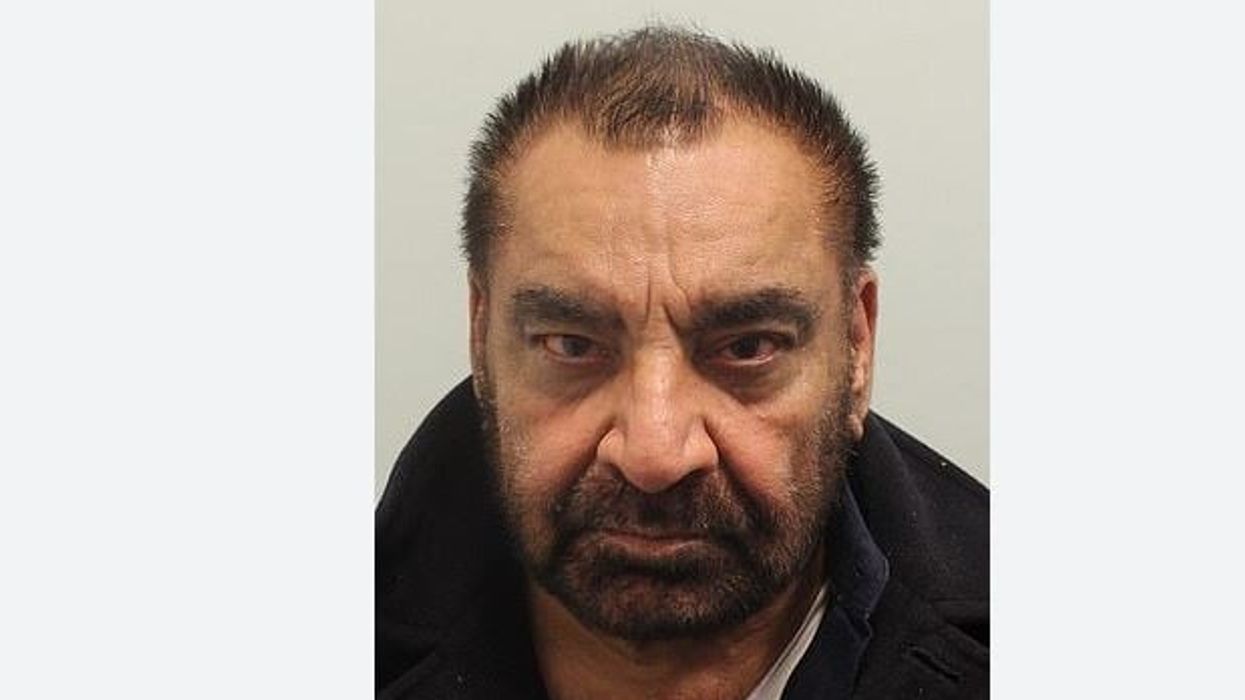The UK’s National Crime Agency (NCA) has ordered a busted drug smuggling ring led by the CEO of an India-based pharmaceutical company to hand over £2 million following an intensive proceeds of crime investigation.
Jacob Sporon-Fiedler, the 38-year-old CEO of India-based Alpha Pharma, had been directly linked to illegal imports while working with a network of UK-based fixers, including 65-year-old Gurjaipal Dhillon.
The duo along with Alexander MacGregor and Nathan Selcon were all convicted of involvement in the criminal enterprise in 2019 and sentenced to jail terms ranging between 17 months and six years.
On Thursday (17), a UK court ruled that Dhillon should pay £167,000 or face an extra five-year jail term. It follows ringleader Jacob Sporon-Fiedler already being directed by the court to hand over more than £700,000, while a confiscation order made against Selcon means he has had to pay £3,300.
The largest single confiscation order was handed to MacGregor at the Old Bailey court in London on Wednesday (16), when he was ordered to pay £1.16m within three months, or face an extra seven years in jail while still being liable for the money.
Assets belonging to MacGregor identified by the NCA included bank accounts and share portfolios, a Porsche 911 GT3 sports car, a Ferrari 458, a Mercedes G Wagon, two Beretta shotguns and several high-value Rolex and Audemars Piguet watches.
“These men were part of an organised crime group involved in a multi-million-pound global enterprise to manufacture and supply banned anabolic steroids,” said NCA Regional Head of Investigation Rob Burgess.
“The confiscation orders obtained so far in this case are the results of painstaking work undertaken by NCA investigators over a period of several years. It demonstrates our determination to go after criminal profits and prevent organised criminals from benefiting financially from their criminality,” he said.
The NCA began an investigation into the group in 2014, following an initial seizure of steroids that were being shipped to Belfast in Northern Ireland. The trail of evidence led back to Sporon-Fiedler, who worked with the UK-based fixers responsible for arranging dozens of unlicensed shipments of drugs from India into Europe, and then distributing them.
The illegally imported drugs, made by Alpha Pharma in India, were shipped to the UK to be distributed by the co-conspirators, who would sell them to body builders and fitness fanatics on the black market.
Gurjaipal Dhillon, from Southall in west London, operated as a fixer for Sporon-Fiedler helping him with the importations, the NCA investigation found as it identified shipments totalling around 42 tonnes linked to the group.
Following their convictions NCA financial investigators began work to identify assets linked to the gang which could be seized under the Proceeds of Crime Act (POCA), which concluded this week.
(PTI)





